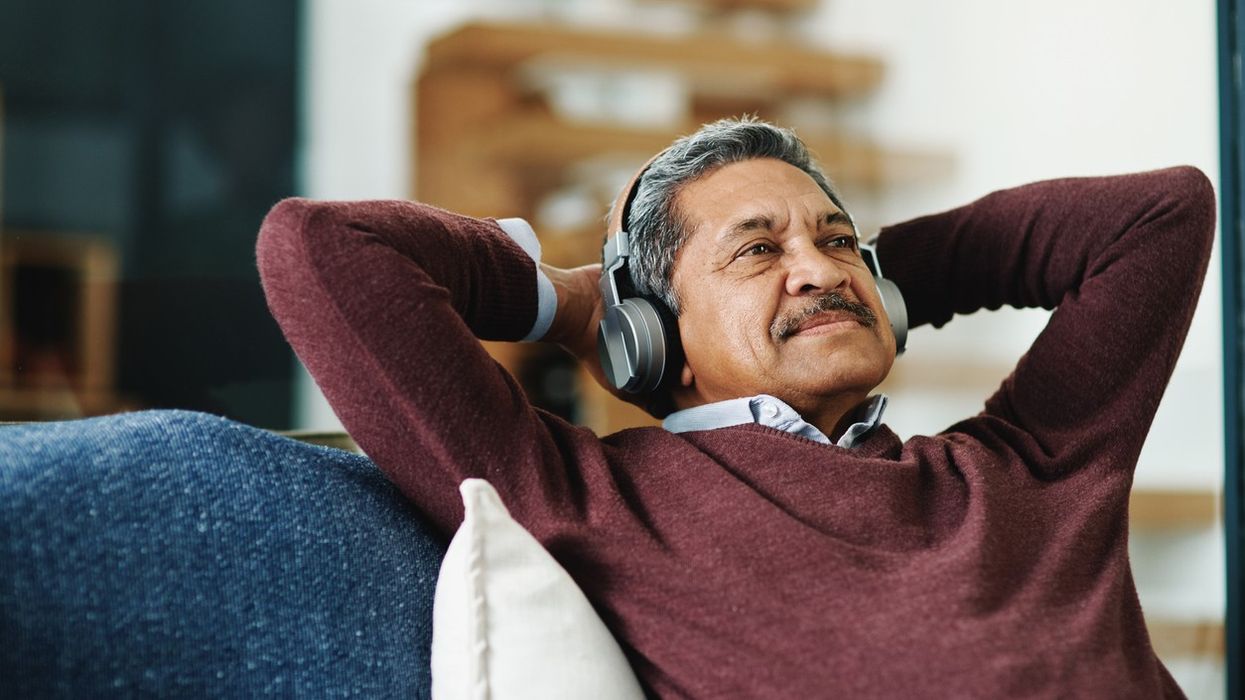THE recent World Health Congress Awards in Mumbai were a revelation. Stepping into that room overlooking the Arabian Sea, I was surrounded by pioneers and individuals shaping the future of healthcare with bold ideas.
Amid the buzz of innovation, one topic resonated deeply: dementia. It was not just the medical complexities, but the human stories, the silent struggles of carers, and the potential for technology to bridge the widening gaps in care.
Dementia does not just steal memories; it steals independence, connection, and peace of mind. For carers, often family members, it is a relentless, emotionally draining marathon. What struck me was the potential for digital healthcare to be a game-changer. Imagine a carer, miles from specialist support, accessing expert advice and therapy through a secure online platform. Imagine a patient, confined to their home, receiving personalised cognitive stimulation through AI-powered tools.
Yes, AI can be intimidating. We have all seen the dystopian portrayals. But in Mumbai, I saw its potential for profound good. The ability to analyse vast datasets, identify patterns, and deliver tailored interventions is precisely what dementia care desperately needs
Consider the challenge of personalised music therapy. How do you select music that will resonate with an individual, evoke positive memories, and soothe anxiety? It is here that AI shines.
This brings me to a fascinating study conducted by MediMusic and Anglia Ruskin University, which explores the therapeutic power of music for south Asians living with dementia. Funded by Innovate UK, they are investigating how an AI-powered music recommendation app can ease anxiety among Indian and Pakistani care home residents.
The project, commencing in the second quarter of 2025, will use MediMusic’s technology to “fingerprint” music, creating personalised playlists based on factors like age, gender, nationality, and ethnicity.
Think of it: the familiar, comforting melodies of Asha Bhosle, the vibrant rhythms of Bollywood, tailored to an individual’s life experiences. The study will explore how these musical landscapes can reduce anxiety and distress, not just for patients, but for their carers too.
Initial clinical trials have already shown promising results, with MediMusic demonstrating a 25 per cent reduction in heart rate among dementia patients.
The study will involve interviews with carers and care home residents to understand the meaning and use of south Asian music in their lives, followed by a controlled pilot study. This is crucial. It acknowledges the cultural nuances of dementia care and recognises that a onesize-fits-all approach will not work. By under standing the specific musical preferences and cultural backgrounds of south Asian communities, researchers can develop more effective and culturally sensitive interventions.
The potential for “musical medicine” is huge. Imagine music being prescribed alongside traditional medications, reducing the need for costly and potentially harmful drugs.
In Mumbai, I saw the seeds of this revolution being sown. And I left with a renewed sense of hope, knowing that technology, when guided by compassion and cultural understanding, can truly make a world of difference.
For more, listen to Healing Place podcast, Instagram: @healingplacepod @itsmitamistry.




